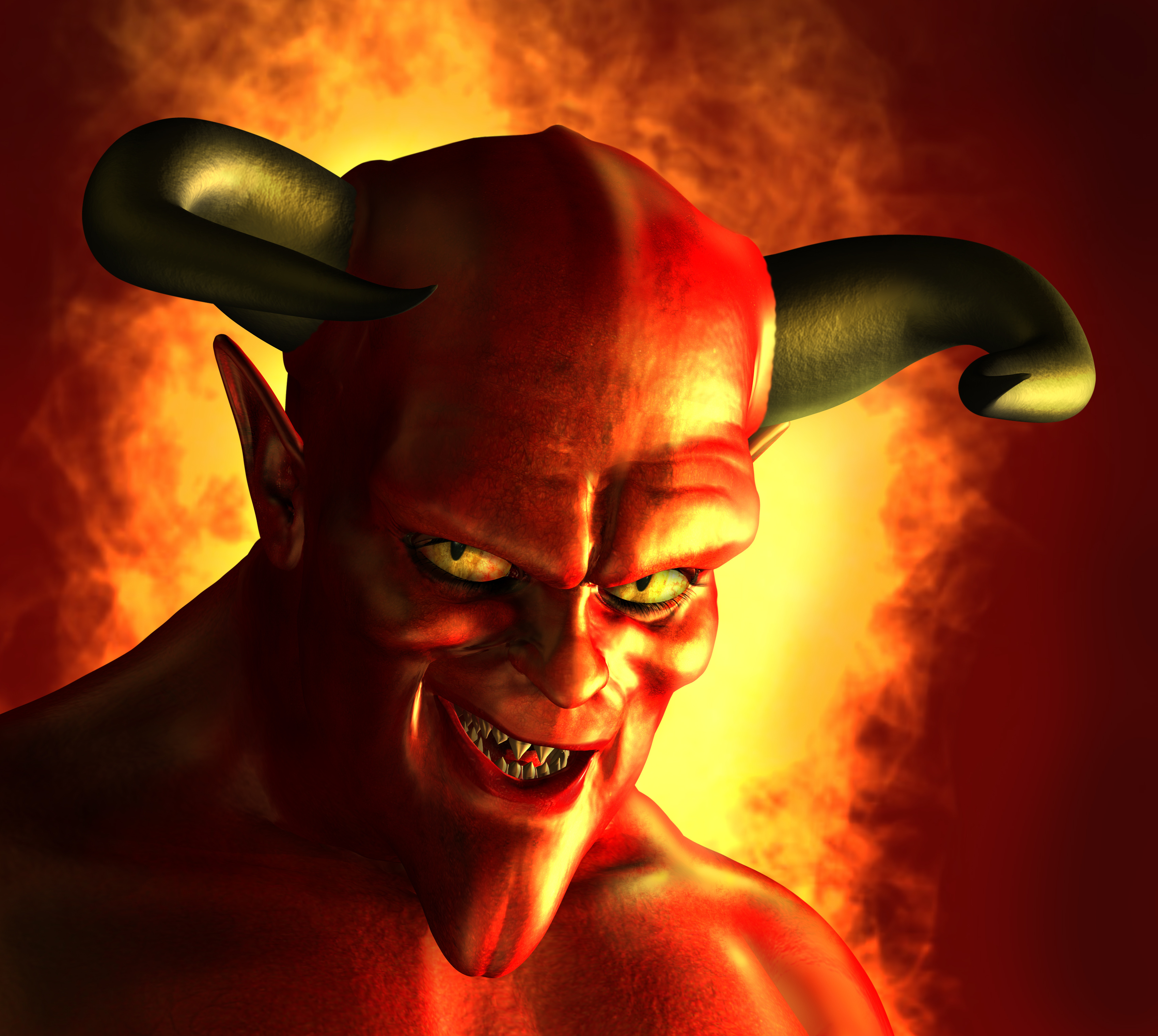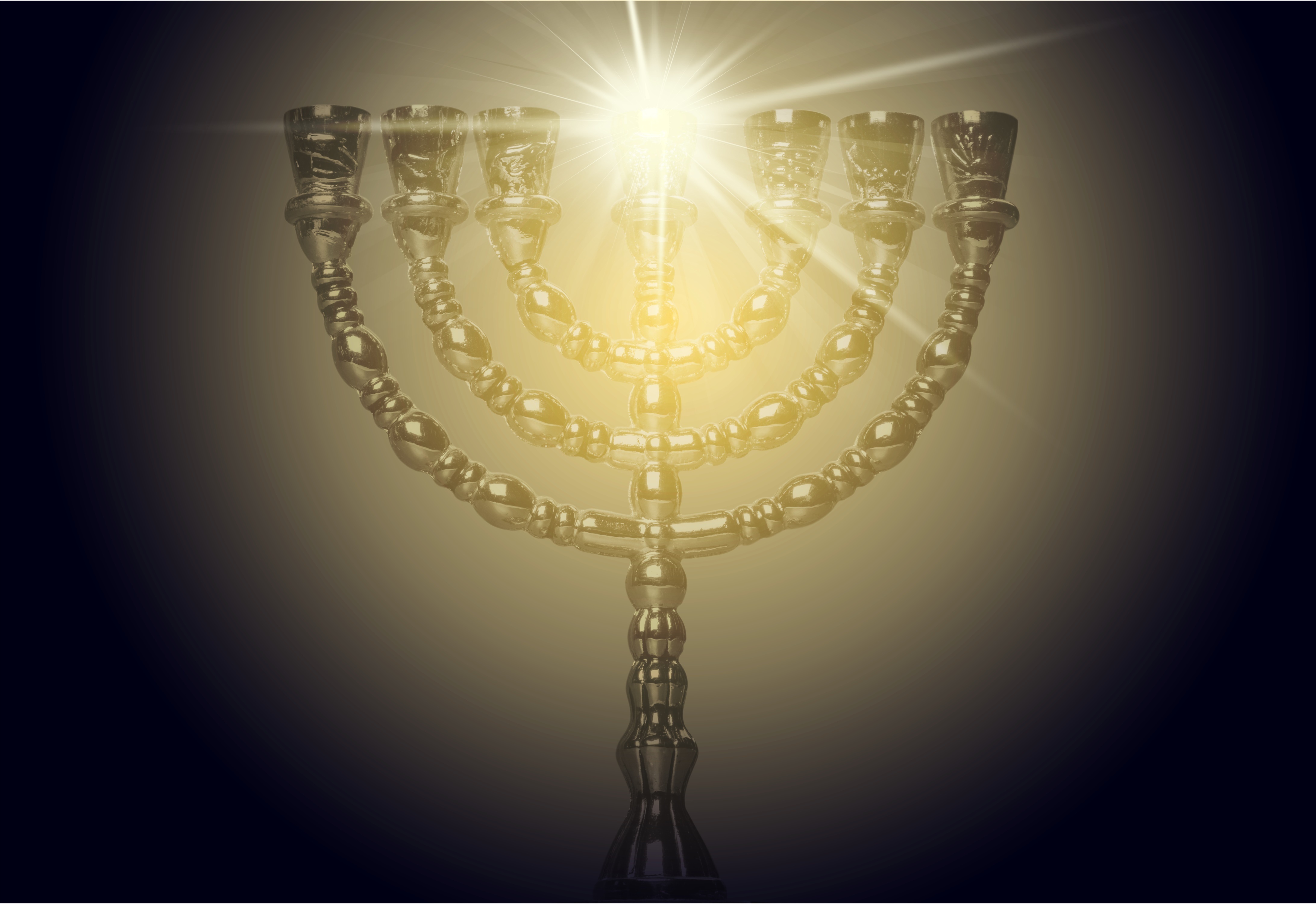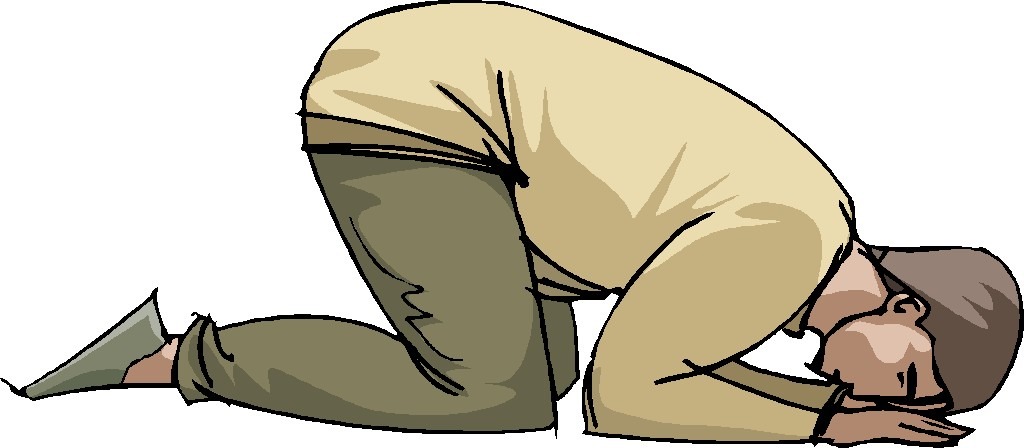
Revelation 9:1, A star fall from heaven. Likely Satan when he is cast out of heaven.
Revelation 9:1, Key to the bottomless pit. Elohim will give Satan the freedom to release evil spirits imprisoned in the abyss who will go forth to torment men as part of YHVH’s wrath against rebellious men. Perhaps this relates to the perennially enigmatic and troubling passage found in Jude 6 (cp. 1 Pet 3:18–20; 2 Pet 2:4). It seems that the evil, locust-like spirits may be the fallen angels that either rebelled with Lucifer and or were the ones who interacted with humans in the antediluvian world (Jude 6; 1 Pet 3:18–20; 2 Pet 2:4).
Revelation 9:1, Bottomless pit. This Greek term (abussos phrear) indicates a large, cavernous hole, pit or abyss with a small opening or orifice like a well and is found several other places in the book of Revelation (Rev 9:2, 11; 11:7; 17:8; 20:1, 3). The bottomless pit is analogous to the deepest sheol in the Tanakh (Deut 32:22; Ps 86:13; Isa 14:15) or tartaroo (2 Pet 2:4) and is the place where the angels who rebelled in the time of Satan are being held in chains of restraint awaiting their judgment day (see 2 Pet 2:4). It is where Satan will be cast at the beginning of the Millennium (Rev 20:1–3) and is to be distinguished from the lake of fire where Satan (and presumably his demons) will be cast at the end of the Millennium to be tormented forever (Rev 20:10).
This passage indicates that YHVH will open the bottomless pit and allow the evil spirits imprisoned therein to torment men for a period of time as part of his judgments against wicked men.
Revelation 9:2, Smoke. Wherever this pit is, it appears to be a place of fire, heat and smoke. The opening of the pit by Satan first releases so much smoke that it darkens the sun and air. This phenomenon is the first sign that the demons of the pit are about to be released. After this follows their release and their tormenting of unredeemed humans. This is the wrath of Satan against humanity that precedes the wrath of Elohim. Since Elohim is permitting these demons to torment humans, it is, in reality, an extension of his judgment or wrath against the wicked. Since unsaved humans have rejected Elohim, and more and more are becoming enamored with and turning to outright Satan worship, Elohim his turning them over to the powerful forces of darkness they are seeking over him. These humans will discover what it’s like to live in a hellish world where those they wish to serve have full reign to torment them—a world devoid of the protective grace of a merciful Creator.
Revelation 9:3, Locusts. These locusts don’t fit the description of the Joel 1 locusts, which destroy all vegetation. These locusts do not (v. 4). Perhaps the vegetation of Joel 1 is a symbolic metaphor. If so, then is the vegetation of Rev 9:3 also symbolic? If so, how do we still reconcile these two passages, since the symbolic analogy of the one would be opposite the other?
These locusts are likely hybridized theriomorphic or animal-shaped descriptions of demonic spirits that have been released from the abyss where they have been kept imprisoned since their rebellion (see 1 Pet 3:19; 2 Pet 2:4), but who will be released to torment rebellious men as part of Elohim’s end time judgments.
Revelation 9:3, Power. (Gr. exousia) These scorpion, humanoid demons have the divine permission, physical and mental power, the authority and right, the ability and strength to torment unredeemed men.
Revelation 9:4, Those men…seal of Elohim. This is yet another proof that YHVH’s saints are on the earth during this period (the first half) of the wrath of Elohim, and that the pre-tribulation rapture theory is an unbiblical hoax. What is the seal of Elohim? If we let Scripture interpret Scripture, this seems to be a reference to the sealing of the Set-Apart Spirit of the saints (e.g. John 6:27; Rom 4:11; 2 Cor 1:22; Eph 1:13; 4:30; 2 Tim 2:19 cp. Rev 7:3).
Revelation 9:5, Not kill…tormented. Torment (Gr. basanizo) means “to test the quality of a metal; to question by applying torture; to vex with grievous pains (of body or mind), to torment; to be harassed, distressed.” The demon-locust humanoid creatures can torment and torture unsaved humans, but not kill them. Those who have the seal of Elohim on their foreheads will be untouched. It seems that this will be an amazing opportunity for the saints to evangelize the spiritually lost.
Revelation 9:5, Torment of a scorpion. The symptoms of most scorpions stings are relatively harmless, but the bark scorpion (Centruroides sculpturatus, also known as C. exilicauda), found in the American southwest, is an exception. This species of scorpion is venomous and can cause more serious injury and illness. Initial symptoms include immediate pain and sometimes numbness or tingling in the region stung. Serious symptoms, most common among children, include restlessness, muscle spasms, abnormal and random head, neck, and eye movements, anxiety and agitation, sialorrhea and diaphoresis. In some cases, a scorpion bite can prove fatal for children. In adults, tachycardia, hypertension, increased respirations, weakness, muscle spasms, and fasciculations may predominate.
Revelation 9:7, Locusts. Likely some demonic, grotesque gargoyle-like demonic creature (or chimera) that is currently inhabiting the bottomless pit, but that will be released at this time for YHVH’s intended purposes.







